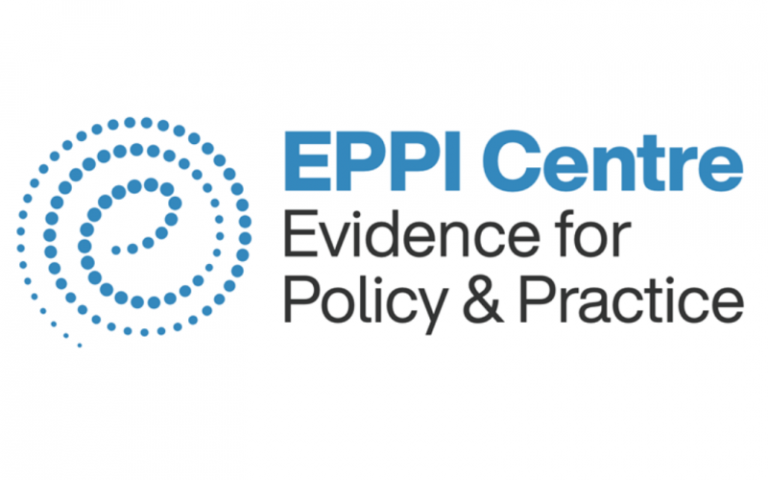Systematic reviewing: building capacity for better-informed policy-making

12 December 2014
UCL researchers developed and improved methods and tools to produce high quality systematic reviews of research. These have in turn improved decision-making on education, health, social welfare and international development.
Research reviews inform decisions that affect people's lives, so it is important that they are done well. The Evidence for Policy and Practice Information and Co-ordinating Centre (EPPI) at the UCL Institute of Education has produced and supported research reviews for a range of government and third sector clients, but has also led the development of methodologies in this young field.
Its innovations have enabled reviews to extend their reach from medicine (their original purpose) to social care, education and international development. EPPI has extended systematic review methodology to embrace a broader range of studies for understanding policy problems, comparing options and informing implementation. EPPI's trademark two-stage reviews start by drawing a broad picture of the evidence available to help clients identify the most useful focus for the second stage, an in-depth analysis. EPPI has developed a framework to help researchers and funders select the most appropriate review method for their study as well as the EPPI-Reviewer, a web application that enables researchers to manage the entire lifecycle of a review and to analyse the results.
The two-stage approach to systematic reviews is critical … Not only does it provide a key way of enhancing the dialogue with policymakers … it also promotes the effective use of resources - Anonymous review
EPPI's continuous development of synthesis methodology has made it possible for an ever-broadening range of decisions to be informed by research - from EPPI itself and others using its training, methods and tools. These include policy decisions made by governments and agencies globally and decisions by individuals considering their own health choices. Independent external reviews have praised EPPI's role in improving the quality of research underpinning policymaking. To achieve this, EPPI also trains policymakers and academics, including civil servants at DfID, Department of Health and other departments, in how to develop focused research questions. It has also trained policymaking bodies in New Zealand, India and Japan and supports WHO funded centres in six countries to carry out systematic reviews relevant to health systems policy.
EPPI is contracted to be a part of NICE's National Collaborating Centre in Social Care that develops and disseminates guidance and standards, and to lead NICE's Research Support Unit, a multi-university collaboration. EPPI also led the EU-funded Evidence Informed Policy and Practice in Education in Europe project, which links 36 partner countries and 600 individual network members, and helps countries across Europe develop research-informed policymaking capabilities.
Professor Sandy Oliver's work has helped ensure that user perspectives inform health guidance. With colleagues she developed new research-informed resources and procedures to support patient and public involvement in shaping health technology assessments to meet NHS needs. Public involvement has been shown to change the focus of research commissions and add new outcomes - patient organisations and charities highlighted patients' views, social contexts, long-term implications and the provision of information to consumers - issues not usually addressed by professionals. The same body of research informed the WHO handbook for guideline development.
They have contributed significantly to our ability to spot 'what works best for whom in what circumstances' - Anonymous review
Research reviews conducted at the UCL IOE using EPPI methods have also had profound impact. A DfID-funded study of microfinance in sub-Saharan Africa by Dr Ruth Stewart concluded that small-loan aid projects actually make some people poorer. This helped to create a more questioning attitude towards microfinance in the international development community, and a TV exposé to which Stewart contributed was an impetus for the decision by the Norwegian aid agency Norad to stop funding most new microfinance institutions after being a major donor for over a decade.
An Australian study, of which Professor Oliver was part, investigated effective strategies to help pregnant women stop smoking. The findings informed clinical guidelines in Australia, Brazil, South Africa and the UK, as well as those published by the International Primary Care Respiratory Group. The 2010 NICE and NHS Wales guidelines say all pregnant smokers should be automatically referred to stop smoking services and offered help to quit: a key recommendation of the EPPI research. The research also informed the American 5As clinical programme (Ask, Advise, Assess, Assist, Arrange).
The EPPI Centre has a wide range of funders, including the Cochrane Collaboration, ESRC, Nuffield Foundation, Wellcome Trust, the European Commission and six government departments. The Department of Health has funded EPPI continually for 20 years
 Close
Close

